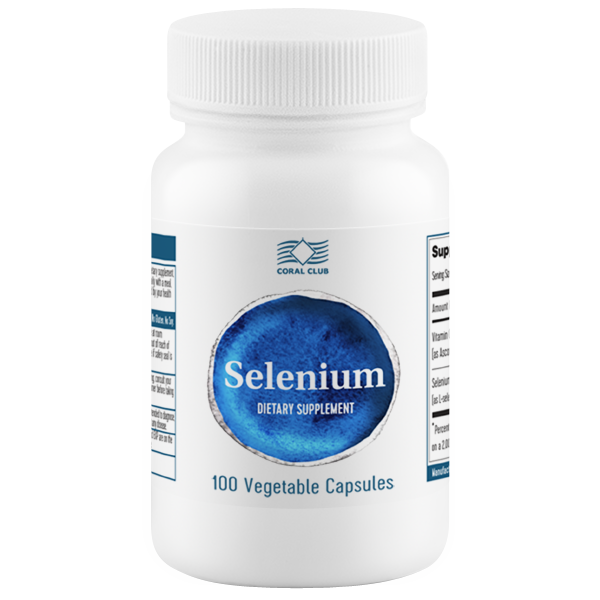Selenium – Defense against Cancer

“The substance capable of reducing cancer incidence by almost 40% and decreasing cancer mortality by 50% should have been acclaimed as the greatest breakthrough in medicine and handed out to people all over the world”: this compliment to selenium was made by Doctor Atkins, a renowned American cardiologist. It has been proven that the incidence of lung cancer, rectal cancer, cervical cancer, and uterine cancer is much lower in the regions with high selenium content in the soil. The scientists believe that a non-specific increase in incidence rates of some infectious, cardiovascular, oncological, and gastroenterological disorders can be due to selenium deficiency, which is observed in over 80% of the total population in Russia and other countries. Some countries with selenium-poor soils even launched special programs designed to enrich food products with selenium.
Selenium is an essential microelement, which is needed for antioxidative and detoxicative protection of the body. Because selenium is a synergist of vitamin Е, it can increase antioxidative activity of this vitamin. Selenium participates in iodine metabolism, because in the absence of selenium containing enzymes the body cannot produce Т3, the thyroid hormone, which is needed for the normal physical and psychological development of the body in general and especially of the central nervous system.
Selenium is a constituent of proteins in the muscle tissue including myocardium. It improves elasticity of the vascular walls, blood fluidity, and transport of nutrients and oxygen to the tissues, and also normalizes the arterial pressure. The use of selenium during the first weeks and months after myocardial infarction promotes a rapid formation of scar tissue and assists in patient’s recovery.
Selenium increases protection against viruses and other pathogenic factors; studies have also shown that it has a pronounced effect on the increase in production of the major immune cells: leukocytes, lymphocytes, antibodies, macrophages, and interferon.
Selenium plays an important part in maintaining skin health. It helps decrease melanin production, which can significantly reduce skin pigmentation. Selenium becomes incorporated into the lipid fraction of cellular membranes and has a stabilizing effect, protecting the skin cells from the damage caused by heavy metals and free radicals. Selenium is also responsible for skin elasticity; it protects the skin from aggressive action of ultraviolet light and slows ageing processes in the skin.
Usage:
Selenium provides the following health benefits as it:
• Stabilizes cardiac activity preventing a buildup of plaque and cardiovascular diseases;
• Normalizes the function of the immune system;
• Prevents hypothyroidism;
• Has antioxidant activity and slows ageing processes in the cells;
• Helps maintain skin elasticity.


Add Comment